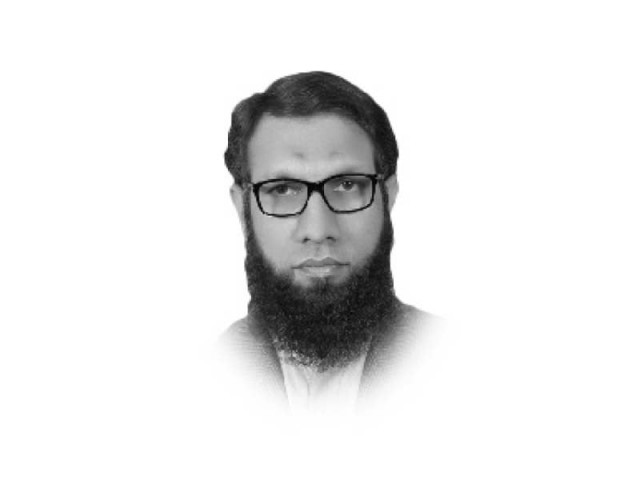If the East could meet the West!
We need not reinvent the wheel — just reconnect it to the axle of the soul

When I first arrived in England, it felt like stepping through a looking glass into another world. From the moment I landed at Heathrow Airport, I was struck not just by the efficiency, but by a quiet, almost invisible symphony of order. Systems worked. People moved with intention. Courtesy was not a performance — it was a cultural norm. In shops, in government offices, in everyday conversations, one sees it: respect for time, for rules, for each other. Here, human dignity is not a slogan — it is embedded in the infrastructure of life. There is a collective commitment to fairness, transparency and accountability.
It is tempting to think you have found paradise — or at least the closest thing to it in the modern world. But scratch the surface, and you encounter a silent ache. A kind of spiritual amnesia. In this well-oiled machine of a society, God seems to have been gently edged out of public life. Religion, if practised at all, is often privatised, hidden behind closed doors or confined to ritualistic tradition. People here appear content, but not fulfilled. They have the means to live well, but often lack a reason to live deeply.
It is like watching a beautifully crafted ship sail without a compass. The hull is strong, the sails full — but where is it going? Many have filled this void with other pursuits. Some lavish affection on their pets, others chase fleeting pleasures. Nature, art, mindfulness, even hedonism — each becomes a substitute for the sacred. But no matter how lavish the feast, the soul remains hungry. You can see it in the eyes: smiles that do not reach the heart, laughter that echoes a little too loudly, and lives paced by distraction rather than direction.
It feels, at times, like bodies moving without souls. Like living in high definition but with the sound turned off. And then, in the heart of this modern marvel, I walk into a mosque. The moment I cross the threshold, everything changes. The air feels thicker, calmer, more real. I see faces illuminated not by makeup or screens, but by a kind of quiet inner light. There is serenity in the bowing, unity in the rows, and purpose in the prayer. In this humble space, I find what many sleek buildings outside could not offer: a glimpse of peace that is not purchased, but felt.
Yet as I stand there, I am haunted by another reality - one I left behind in the East. Back home, we invoke God in every breath. Mosques echo with calls to prayer, religious slogans adorn our streets, and sermons saturate our airwaves. But where is that spirit in our governance? In our institutions? In our streets? In many parts of the East, corruption has become a norm, truth is often optional, and basic human decency is treated as a luxury. Violence, exploitation, deceit — they're not outliers, they are everyday realities.
What if the East, with its spiritual depth, family values and reverence for the divine could embrace the West's discipline, efficiency and respect for law? And what if the West, with its civic virtue and public ethics, could once again open its doors to a sacred, purposeful way of life? This is not a pipe dream, but a necessary conversation. A fusion, not of politics, but of principles. Imagine a society where honesty is not just a religious virtue, but a civic standard. Where prayer meets planning. Where community is built not just on convenience, but on compassion. Where the law protects all, and love uplifts all.
We need not reinvent the wheel — just reconnect it to the axle of the soul. But this can only happen if both sides are willing to listen with openness. The East must shed its arrogance and acknowledge its internal decay. The West must peer beyond its comfort zone and rediscover the sacred truths it once held dear. Both must recognise that no system is complete without spirit and no spirit can flourish in chaos. Shared humanity is what really counts!














COMMENTS
Comments are moderated and generally will be posted if they are on-topic and not abusive.
For more information, please see our Comments FAQ